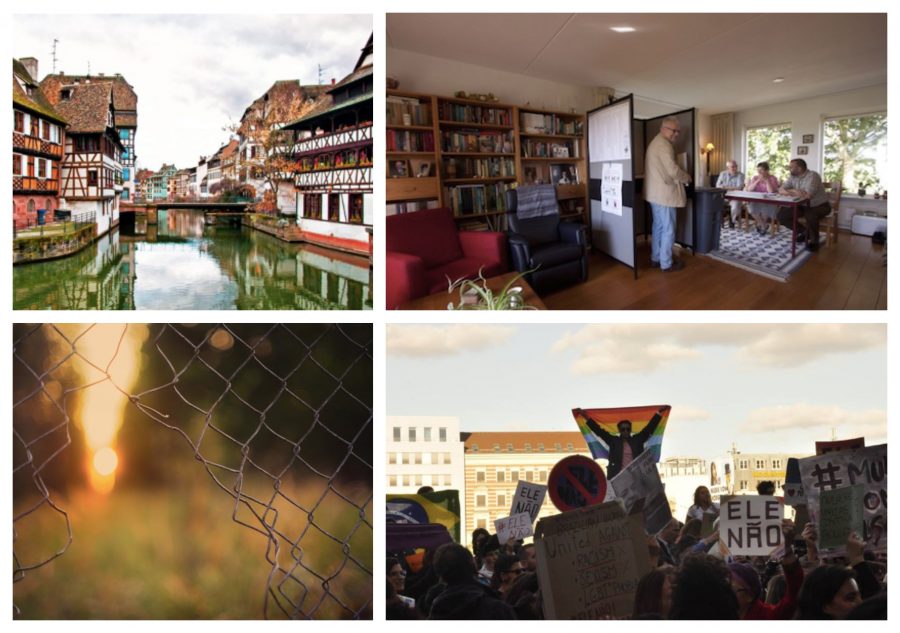With the American presidential primaries in full swing, Die Barliner takes a look back on some of our favorite pieces from the years concerning electoral politics. From the national elections in EU and Brazil to ballot initiatives in Tennessee and Florida, we invite you to revisit how Die Barliner authors have grappled with the frustrations and possibilities of electoral politics around the world.
March 2017 – “Putting the Dutch Elections into Perspective: Rethinking the narrative of ‘surging right-wing populism” by Lysan Boshuijzen
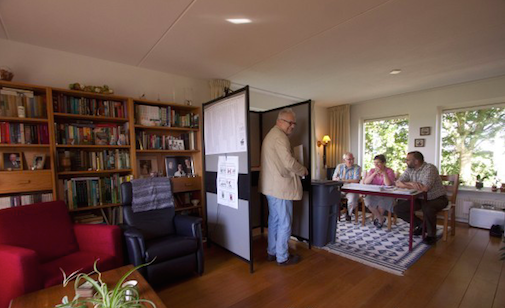
Most narratives concluded that populism in the Netherlands was subsiding due to this modest gain of the PVV: an easy conclusion but a questionable causal relation. Equating the electoral result of rightist-extremist parties with the degree of populism in a country is not only faulty: it is dangerous. Still this happens on a regular basis and has been prominent in the reporting done on the Dutch election as well as the upcoming elections in Germany and France.
September 2017- “Reflections from Abroad: (Yet) Another Perspective on the German Elections” by Margarethe Hattingh
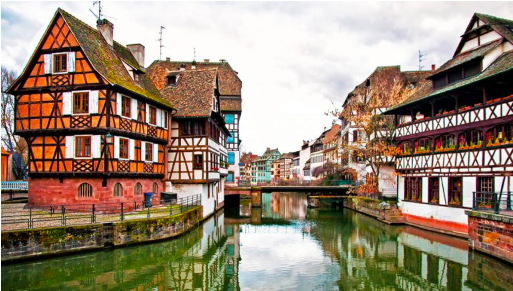
On the 28th August 2017, I crossed from Germany into France — from the little town of Kehl into the city of Strasbourg where I will remain for the upcoming academic year as part of the Erasmus exchange program with BCB. As I had never visited France, I was more than excited for my Erasmus Exchange, and curious about the similarities and differences I would find between these two nation-states at the heart of the European Union. But, despite the attention I afforded the view from the bus window, I’m still not sure exactly when I crossed the border.
October 2018- #EleNão #ErNicht #NotHim: A Brazilian Woman’s Rage Against the “Brazilian Hitler” by Daniela Silva
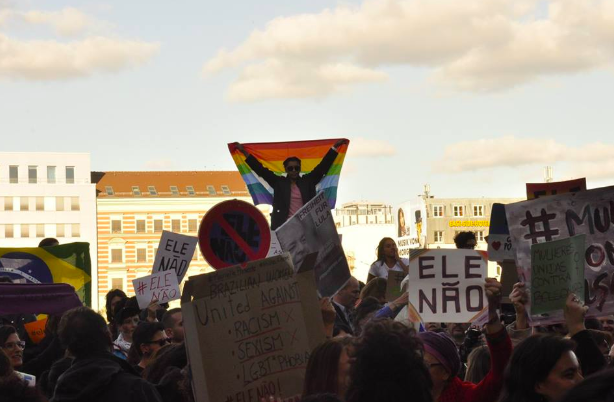
49,275,358 votes.
That’s 46,03% of the population who voted on October 7th in favor of racism, misogyny and homophobia. 49,275,358 people who declared they support a candidate that idolizes the 49,275,358 votes.
That’s 46,03% of the population who voted on October 7th in favor of racism, misogyny and homophobia. 49,275,358 people who declared they support a candidate that idolizes the Nazi regime, who explicitly says he wishes to bring back the military dictatorship, that he would never employ men and women with the same salary and that he would rather have a dead son than a gay one…
I was gutted.
November 2018- Institutional Racism in an “It City”: How Nashvillians Fought for Community Oversight of the Police Department (and Won) by Alexandra Huff

I was handed a copy of the Driving While Black Report’s Executive Summary at an East Nashville church one night in November 2016. I was born and raised in the capital of Tennessee and had recently moved home. Dozens of other people were scattered through the chapel flipping through the report, which illustrates systematic racism in traffic stops conducted by the Metro Nashville Police Department (MNPD). The report cast a harsh light on the city’s effort to rebrand itself as a liberal oasis in the middle of the Bible Belt.
November 2018- Passing Florida’s Amendment 4: A Prison Abolitionist Horizon? by Elena Gagovska
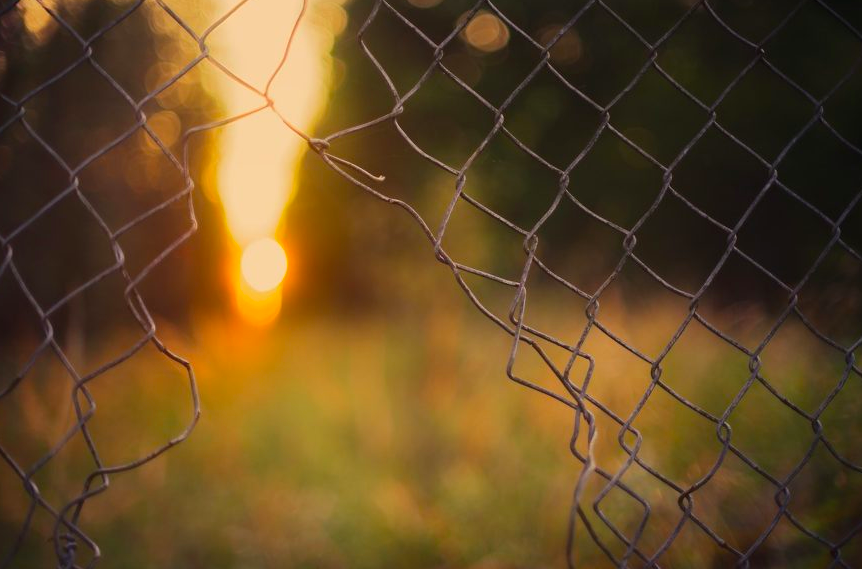
On November 6th, Florida overwhelmingly voted in favor of Amendment 4, with 64.5% giving back the right to vote to 1.4 million Floridians with nonviolent felony charges – a constitutional right that had been revoked at the moment of a criminal charge or imprisonment. It was the biggest restoration of the right to vote to a group of Americans since (white) women got the right to vote a century ago.

